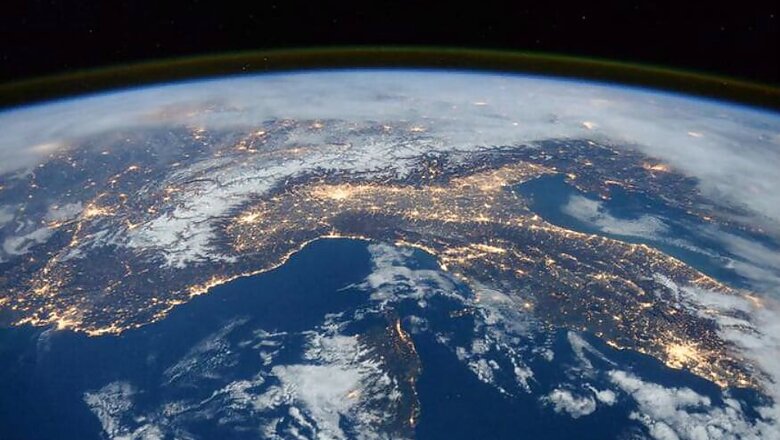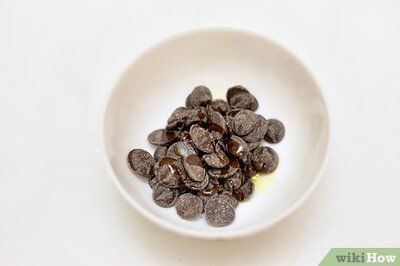
views
Scientists have discovered evidence of ancient sea-floor hydrothermal deposits on Mars that identifies an area on the red planet that may offer clues about the origin of life on Earth. Observations made by NASA's Mars Reconnaissance Orbiter (MRO) reported massive deposits in a basin -- Eridania -- on southern Mars. The Eridania basin is believed to have held a sea about 3.7 billion years ago, with seafloor deposits likely resulting from the underwater hydrothermal activity. These deposits were formed by heated water from a volcanically active part of the planet's crust entering the bottom of a large sea long ago, the researchers said.
"This site gives us a compelling story for a deep, long-lived sea and a deep-sea hydrothermal environment," Paul Niles of NASA's Johnson Space Centre, Houston, said in a statement. "It is evocative of the deep-sea hydrothermal environments on Earth, similar to environments where life might be found on other worlds -- a life that doesn't need a nice atmosphere or temperate surface, but just rocks, heat and water," Niles added. The researchers, in the report published in the journal Nature Communications, estimated that the ancient Eridania sea held about 210,000 cubic km of water. The mix of minerals identified, included serpentine, talc and carbonate, and the shape and texture of the thick bedrock layers led to identifying possible seafloor hydrothermal deposits. The area has lava flows that post-date the disappearance of the sea.
This evidence shows that this is an area of Mars' crust with a volcanic susceptibility that also could have produced effects earlier when the sea was present. "Ancient, deep-water hydrothermal deposits in Eridania basin represent a new category of the astrobiological target on Mars. "Eridania seafloor deposits are not only of interest for Mars exploration, they represent a window into early Earth," Niles added. That is because the earliest evidence of life on Earth comes from seafloor deposits of similar origin and age, but the geological record of those early-Earth environments is poorly preserved, the researchers said.
Watch Video: Samsung Galaxy Note 8 Review: The Best Galaxy Note Ever


















Comments
0 comment